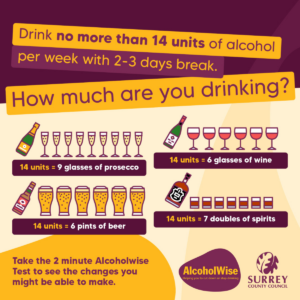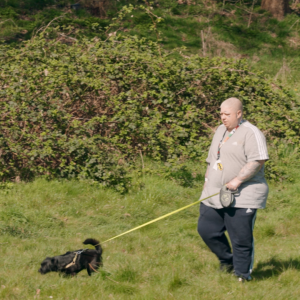What is fear?
Fear is a primitive emotion accompanied by a biological response. It alerts us to a physical or psychological state of danger or harm. It’s part of the ‘flight or fight’ response that kept our ancient ancestors alive.
Fight or flight
This reaction activates a part of our brain responsible for emotions called the amygdala, causing surges in hormones like adrenaline and cortisol that enable us to flee, fight or freeze in response to a threat. Physically, we experience faster breathing, heart rate, sweaty palms and goosebumps, our muscles are charged with oxygenated blood to give us strength and speed.
The fight or flight response is a brilliant one that can keep us safe. But in modern life, our bodies are often over sensitive to stimulus. This means the response can be activated prematurely or unnecessarily, flooding our bodies with unneeded stress hormones. So when we encounter a challenge like an unexpected work meeting, public speaking or running late for an important appointment, the amygdala can be activated and cause the same chemical and physiological reaction, even though we know our lives are not in danger.
What does fear have to do with making changes?
We tend to fear people or situations we’re unsure of. The brain likes being in control, it likes familiarity and is hardwired to resist uncertainty. We feel safer with what is already known and so resist change even though we understand it’s better for us.
Fear of change. Changing behaviours isn’t easy, it puts us out of our comfort zone. Old, known behaviours can give us a sense of security and comfort. Making way for the new can create fear and tension. When we’re committed to a lifestyle change such as healthier eating, this fear can manifest in thoughts like ‘it’s too much effort to cook fresh meals 5 days a week’ or ‘this new path is not for me because it feels hard.’
Fear of failure and the idea that we may not reach our goals often puts us off starting the process in the first place. Fear can stop us changing because it can lower our self-esteem and trigger thoughts that suggest that we’re not worthy of reaching our goals.
Ways to help ourselves
- Reasoning. Engage the thinking, rational part of your brain (the frontal lobe) to help override fear. Consider possible options to a thought/feeling/emotion/problem and try to choose a logical way to respond.
- Meditation. By learning to relax in body and mind, you can change your focus from external fears and threats to inner peace and calmness.
Remember that what you’re going through is a big lifestyle change so be kind to yourself. You’re here to overhaul your life for good, for your health and wellbeing. Start slowly by setting small, attainable goals that will help you build confidence. By moving forward slowly, surely and steadily, we can begin to overcome fear.




